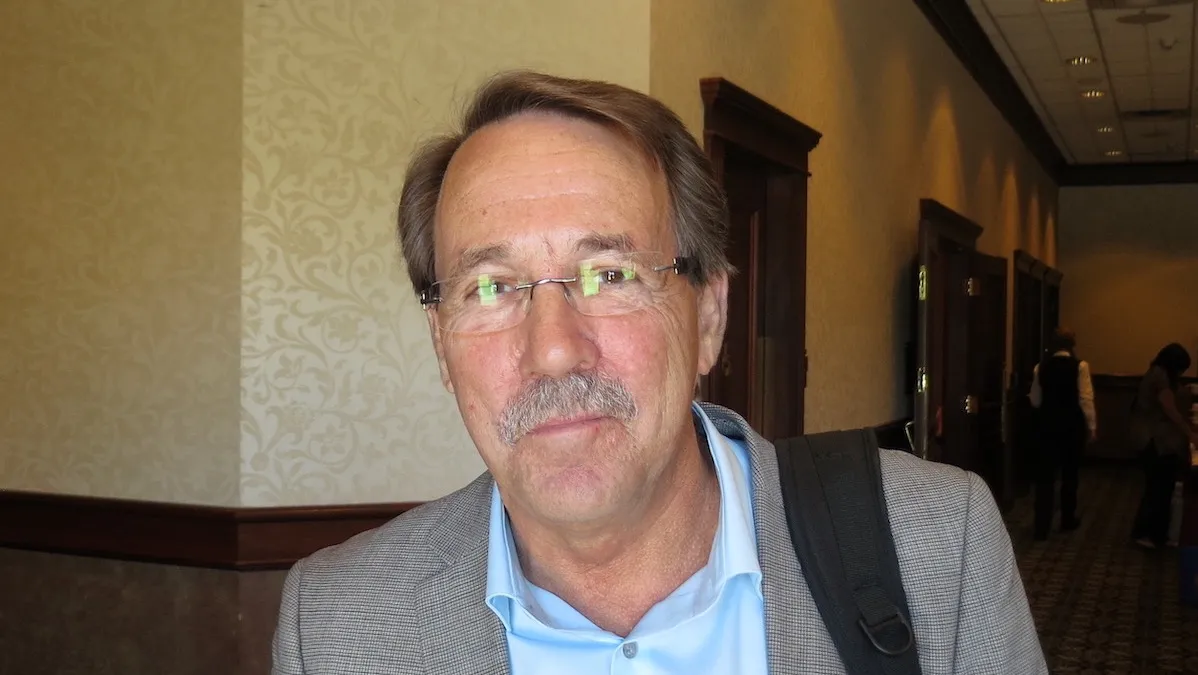Reading the universally terrible mainstream news coverage of the continuing negotiations between the Teamsters Canada Rail Conference and Canada’s two largest rail corporations, not to mention angry commentary by anti-union business groups and increasingly hysterical statements by Alberta’s United Conservative Party (UCP), you’d think the looming national rail shutdown had been caused entirely by a bunch of greedy union bums.
You’d certainly never understand from most media reports that bargaining between the rail workers’ union and Canadian National and Canadian Pacific were completely separate negotiations, or that the two corporations appear to have been working together to create a national crisis in hopes of forcing the federal government to intervene and impose a collective agreement in their corporate interest.
So if there’s a near total national rail shutdown tomorrow, which will have real economic impacts, it will be largely the result of the machinations of the two corporations and it will be driven principally by a lockout, not a strike.
We can thank former Saskatchewan Federation of Labour President Larry Hubich for, as he put it, helping everybody connect the dots in a short thread on social media Monday.
After an introductory tweet, Hubich broke the reasons for the looming national rail shutdown into six simple points in clear language that sweep aside a lot of the confusion caused by the consistently murky reporting of labour issues typical of Canadian media.
First, he explained, for the first time in history a bargaining impasse between CN and its unions and CP and its unions has occurred simultaneously.
Next, this is not a coincidence, nor was it orchestrated by the Teamsters Canada Rail Conference.
Remember, the union served mandatory strike notice to only one company, Canadian Pacific.
When it did, Canadian National, Canadian Pacific’s principal competitor, served lockout notice on the union.
“That tells me that the union was prepared to impact only 1 railway at a time with the dispute by staggering any job action but the employers are in cahoots,” Hubich explained one of his tweets.
The likely reason? Because the Federally Regulated Employers – Transportation and Communications employer group and like organizations “have got heartburn over the fact that the Supreme Court of Canada ruled the right to strike is constitutionally protected in SFL v Saskatchewan. They don’t like it.”
Saskatchewan Federation of Labour v. Saskatchewan was probably Hubich’s greatest accomplishment during the 16 years he led the SFL. The federation took the province’s far-right Saskatchewan Party Government all the way to the Supreme Court of Canada.
In January 2015, after seven years of litigation, the court struck down the Saskatchewan Government’s Essential Services Act and ruled that the right or workers to strike is protected by Section 2(d) of the Canadian Charter of Rights and Freedoms – which protects the fundamental right to freedom of association, including the right to associate to bargain collectively.
“Employer groups/associations hate that workers have constitutionally protected rights and they want that stopped,” Hubich concluded in his final tweet. “They are prepared to create economic and political chaos so they don’t have to bargain fairly with workers. They want government to do their dirty work. You pay.”
Hubich retired in 2018.
By contrast, the Government of Alberta’s statement is intended to mislead in the service of two goals – attacking the right of working people to bargain collectively and finding any old excuse to take a kick at the Liberal federal government of Prime Minister Justin Trudeau.
“The federal government has created a labour crisis in Canada,” Alberta Transportation Minister Devin Dreeshen began tendentiously in the government statement. “First the British Columbia ports, then WestJet, now the railways. It is one strike after another.
“These continuous strikes are eroding Canada’s reputation around the world as a reliable trading partner. The federal government must fix the labour problems it has created and exercise its responsibility to ensure labour stability within federally regulated transportation workplaces.”
What does Dreeshen propose? Ignoring the rail workers constitutional right to bargain collectively and sending them all back to work with a crappy deal that leads to more disruption, presumably. He doesn’t usually put that part in words, though.
By contrast, media coverage is not so much dishonest as ignorant – most reporters seem neither to understand the current situation, nor have any knowledge of labour relations. Many don’t even understand the difference between a strike and a lockout!
But they’ll write down anything a government official says and put it in the paper – except, of course, that there’s no paper anymore. More’s the pity.
Back in the day, when there were newspapers, those of us in that business used to say: “We have an unwritten contract with our readers. They pay a dime and we explain everything.”
That unwritten contract, alas, has gone the way of straw boaters and spats, the kind you wear on your feet. (That’s a pity too, but I digress.)
Nowadays, an online newspaper subscription will cost you a lot more than a dime and explain a lot less.
Thankfully, we still have people like Hubich around who are willing to come out of retirement and step up to explain how things really work.
As for the storied CPR renaming itself Canadian Pacific Kansas City, this is a disgrace and an insult to Canada’s history of resistance to our neighbour’s concept of Manifest Destiny, which is now closer to realization than ever. As W.C. Fields once asked, “Is this Kansas City, Kansas, or Kansas City, Missouruh?” That once storied, now nominally Canadian railroad company will never be referred to by that name here.



